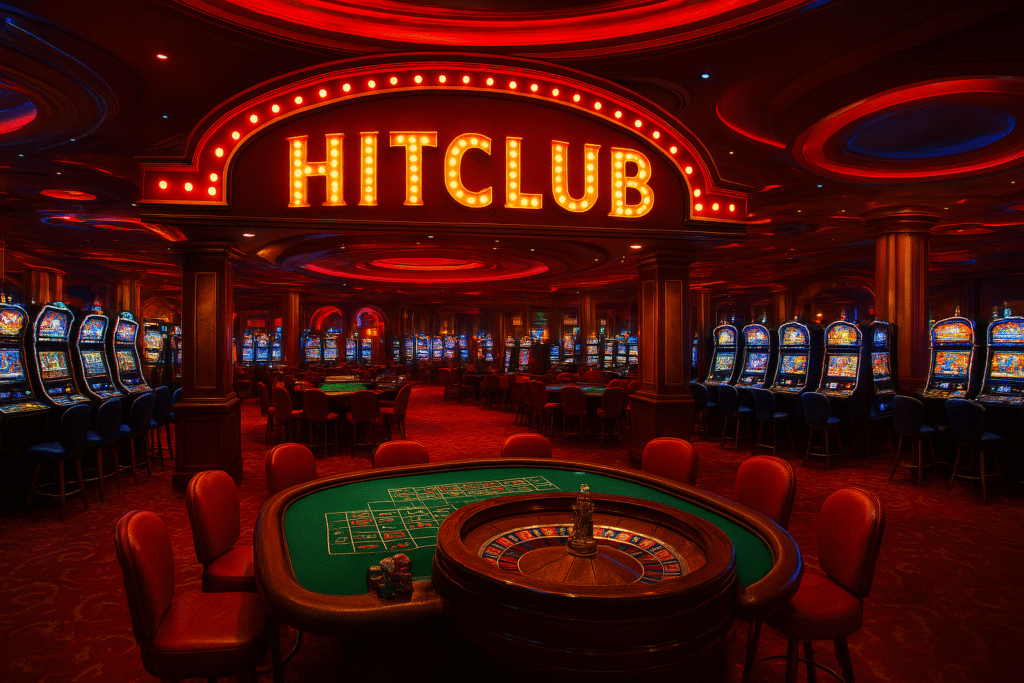
Casino gaming has always fascinated people, not only for its entertainment value but also for the psychological factors that keep players engaged. Whether it’s the anticipation of a roulette spin, the thrill of hitting a slot jackpot, or the strategy involved in poker, the human mind plays a central role in the casino experience. Understanding these elements reveals why gambling continues to captivate audiences worldwide.
The Thrill of Uncertainty
At the heart of casino gaming is uncertainty. People are naturally drawn to situations where the outcome is unknown but potentially rewarding. This sense of suspense triggers the brain’s reward system, releasing dopamine, the chemical associated with pleasure and excitement.
Each spin of a slot machine or turn of a card provides that “what if” moment that keeps players coming back. Even small wins can reinforce the behavior, creating a cycle of engagement.
The Role of Near Misses
One fascinating psychological factor in gambling is the “near miss” effect. Players who come close to winning, such as landing two jackpot symbols with the third just missing, often feel encouraged to continue playing. This illusion of being “almost there” fuels motivation, even though the odds haven’t changed.
Slot machine designers and game developers often incorporate near misses to increase engagement without altering fairness.
The Social Element of Gaming
Casinos have long been social spaces where people gather to enjoy games together. Online platforms have replicated this through chat functions, multiplayer tournaments, and especially live dealer games. The opportunity to interact with others while playing enhances the enjoyment and keeps players engaged longer.
Poker is a prime example, as it blends strategy with reading opponents, creating a dynamic social experience. Even in online formats, the sense of competing against real players adds to the excitement.
The Appeal of Skill and Strategy
Games that involve strategy, such as blackjack and poker, hold special appeal because they give players a sense of control. Unlike slots or roulette, where outcomes are purely random, skill-based games reward knowledge and practice.
This perception of control enhances satisfaction when players succeed, even if luck still plays a role. It creates a deeper engagement, as players are motivated to learn strategies and improve over time.
The Influence of Rewards and Bonuses
Bonuses and promotions in online casinos tap directly into psychological motivators. Free spins, loyalty points, and welcome packages create a sense of value, encouraging players to participate more often. These rewards enhance the entertainment factor and make the experience feel more rewarding beyond simple wins or losses.
Responsible Gaming Awareness
While psychology explains the attraction of casino gaming, it also highlights the importance of responsible play. The same reward systems that make games fun can also lead to excessive play if not managed carefully. Reputable platforms include tools to help players set limits and maintain balance.
The Future of Casino Psychology
As technology evolves, so does the way psychology is applied in gaming. Virtual reality casinos, gamification features, and AI-driven personalization will create even more immersive and tailored experiences. However, maintaining responsible gaming practices will remain a top priority as the industry grows.
Final Thoughts
The psychology of casino gaming reveals why these experiences remain so compelling. From the thrill of chance to the satisfaction of strategy, every element taps into fundamental aspects of human behavior. Understanding these dynamics helps players appreciate the games while maintaining healthy limits.
For those looking for an engaging online platform that embraces these elements, hit club provides a modern space where excitement and entertainment come together.
Conclusion
Casino gaming is more than just luck—it’s deeply tied to human psychology. The thrill of uncertainty, the role of skill, and the joy of social interaction ensure that gambling remains an enduring form of entertainment in the digital age.